Warning that oil prices could spike to $120/barrel
In the meantime With tensions between Israel and Iran escalating, the oil market is poised to surge as Brent crude prices surge to $73 a barrel. Concerns are growing about the potential disruption in the Strait of Hormuz, a vital global oil shipping route. Although a worst-case scenario of oil prices reaching $150 a barrel is considered unlikely, analysts warn that prices could spike to $120 a barrel, affecting global inflation and many economies around the world.
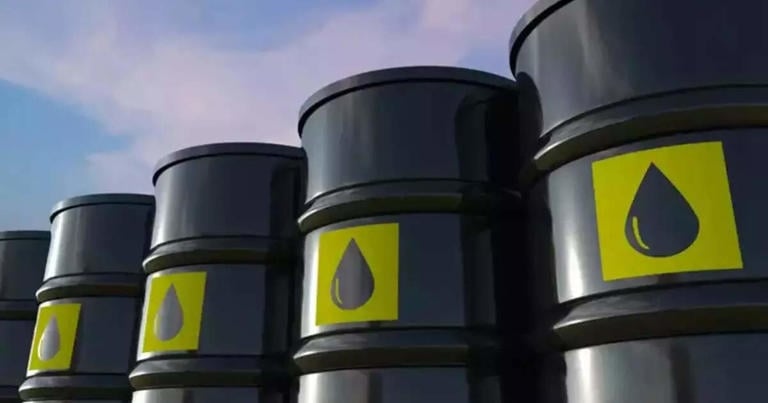
As the Middle East descends into its most dangerous flashpoint in years, bears warn that Brent could surge above $150 a barrel if the worst-case scenario materializes—a geopolitical shock that shuts down vital oil shipping routes and sends panic through global markets. While that scenario remains remote, traders are already starting to factor in extreme risks as Israel-Iran tensions continue to simmer.
Brent crude oil prices were hovering around $73 a barrel in the latest trading session, up $67 from a week earlier, after Israeli airstrikes targeted Iran’s energy and military infrastructure. Tehran has vowed to retaliate, and while oil tankers have not been disrupted through the Strait of Hormuz, concerns are growing that the conflict could have a major impact on the vital waterway.
Crude oil prices continued to rise as the escalating conflict between Israel and Iran raised supply concerns, said Rahul Kalantri, vice president of commodities at Mehta Equities. While Iran has signaled its willingness to de-escalate tensions and resume nuclear talks, uncertainty over further retaliation has kept traders cautious.
Singapore-based DBS Bank forecasts that crude oil prices could rise to as high as $150 a barrel if Iran's oil exports are completely cut off and regional producers fail to make up for the supply shortfall.
Israel’s current strategy appears to be targeting Iran’s domestic energy logistics system, not its export infrastructure, which may explain why the global market reaction has remained relatively calm, said Homayoun Falakshahi, head of crude oil at Kpler.
JP Morgan, one of Wall Street’s biggest oil traders, said current prices reflect just a “7% probability” of a “nightmare” scenario in which regional tensions not only impede Iran’s exports but also threaten the entire Gulf shipping lane.
JP Morgan says a major conflict that would shut down Hormuz is highly unlikely. JP Morgan maintains its 2025 baseline oil price forecast at $60-$65 a barrel.
Some warnings if oil prices spike
Analysts warn that if oil prices spike, US consumer price index (CPI) could return to 5%, complicating global central banks' plans to cut interest rates.
Brent crude has risen more than 10% since mid-June, when Israeli strikes on Iran's nuclear facilities prompted Tehran to retaliate with missiles at Tel Aviv.
Currently, about 20% of global oil consumption passes through the Strait of Hormuz, the world's vital oil shipping route.

Iranian officials have said they would block the strait if Tehran’s interests were threatened. A prolonged closure could have major ripple effects on the global economy – the oil price shock would send inflation soaring, causing people to pay higher prices for gasoline and the cost of transporting goods skyrocketing.
Jorge León, head of geopolitical analysis at Rystad Energy and a former OPEC official, predicts a sharp jump in oil prices: “In an extreme scenario, if Iran retaliates with direct attacks or attacks on regional oil infrastructure, oil prices will surge. Even if there is no immediate retaliation, the market tends to price in a higher geopolitical risk premium.”
Citi predicts oil prices could rise as much as 20% if there is a disruption of 1.1 million barrels per day, but believes OPEC's spare capacity will help stabilize the market.
According to Citi, if a disruption of 1.1 million barrels per day occurs, oil prices could rise 15–20% from pre-war levels, to around $75–$78 per barrel. If the disruption is larger, above 3 million barrels per day, Brent prices could hit $90.
Source: https://baohungyen.vn/thi-truong-dau-tho-dang-can-ke-bao-gia-3182253.html



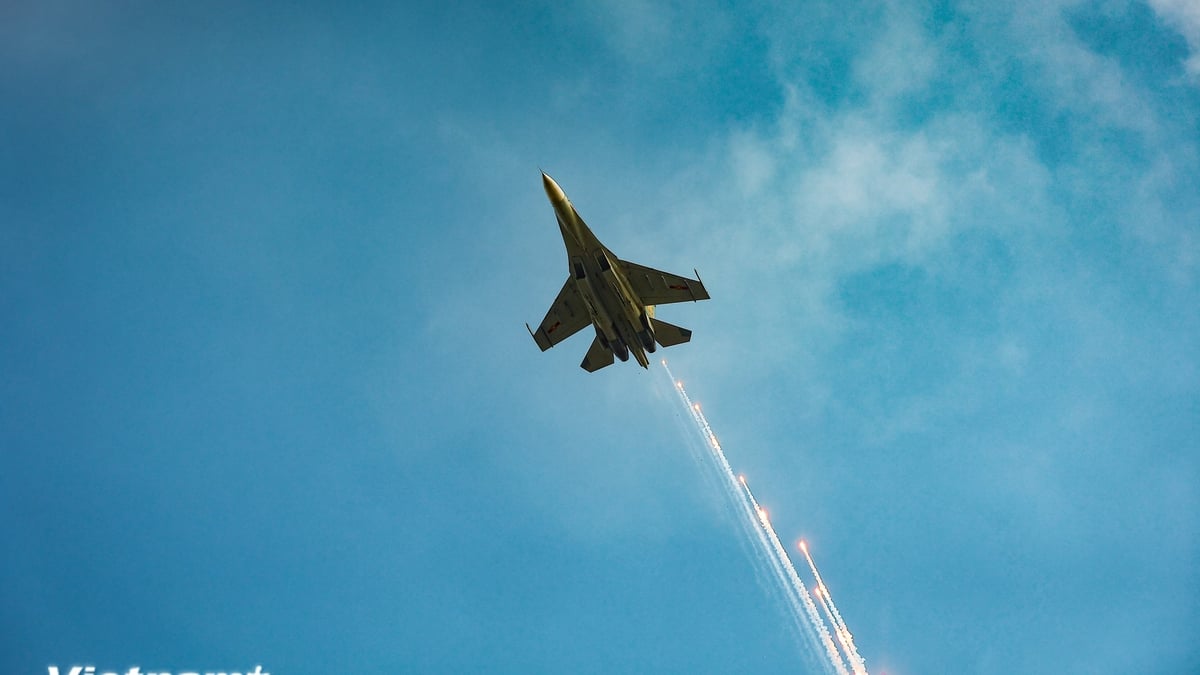



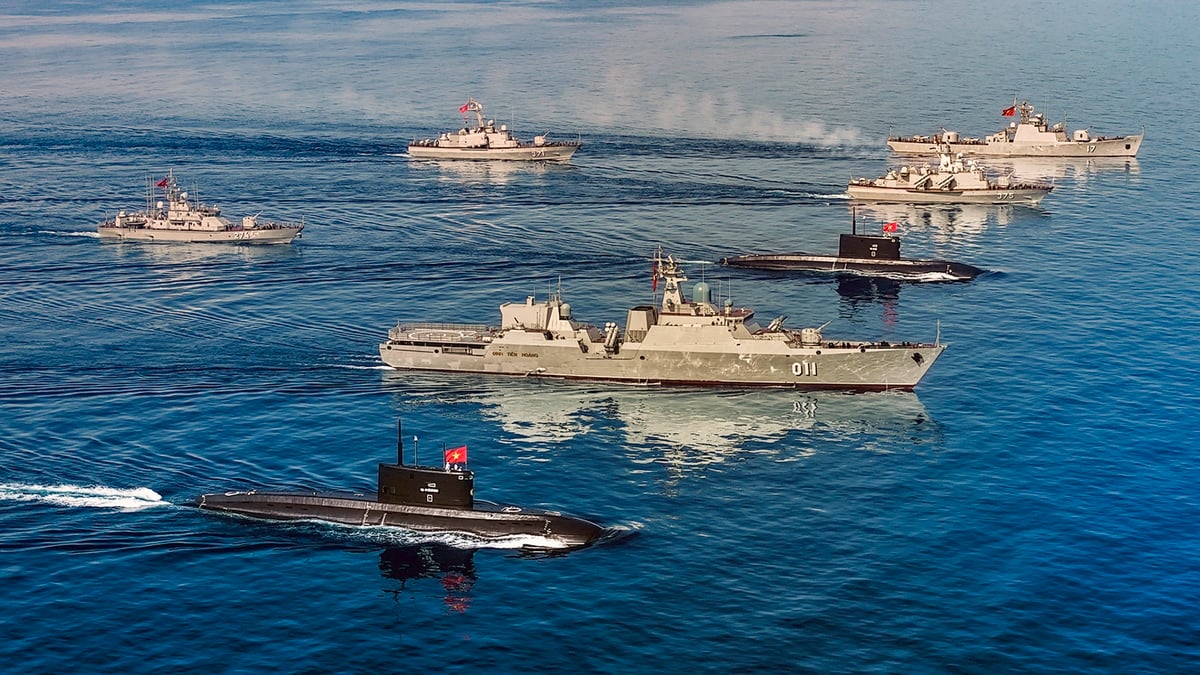







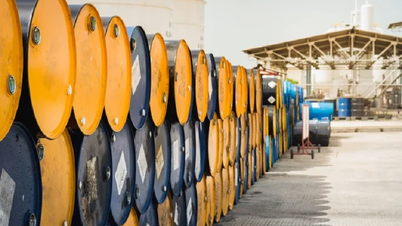
















































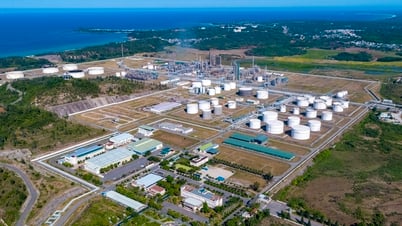





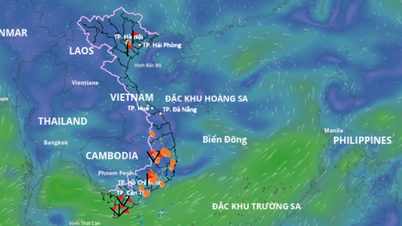





















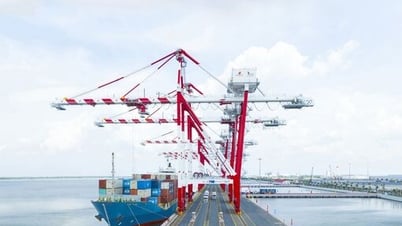













Comment (0)